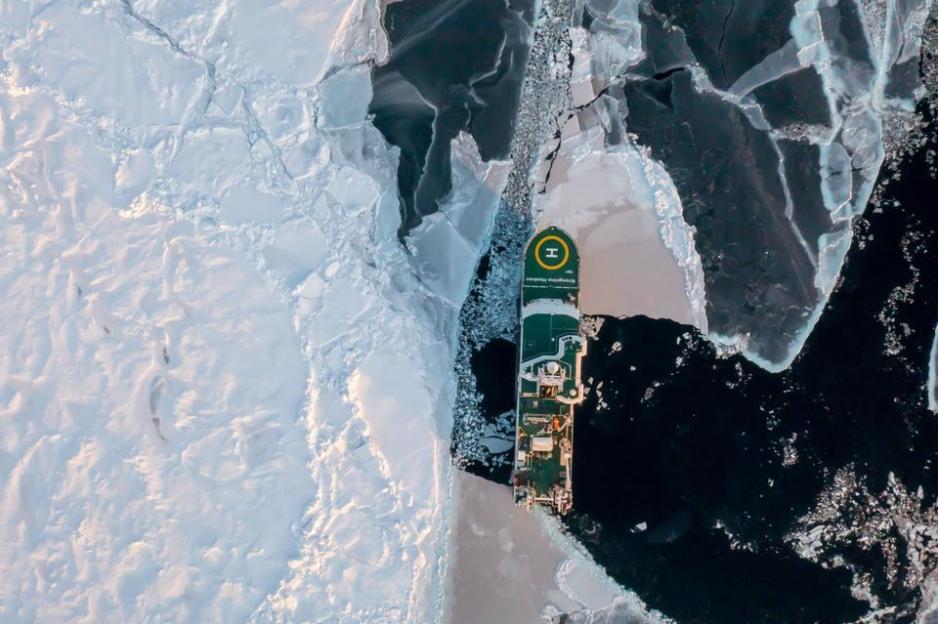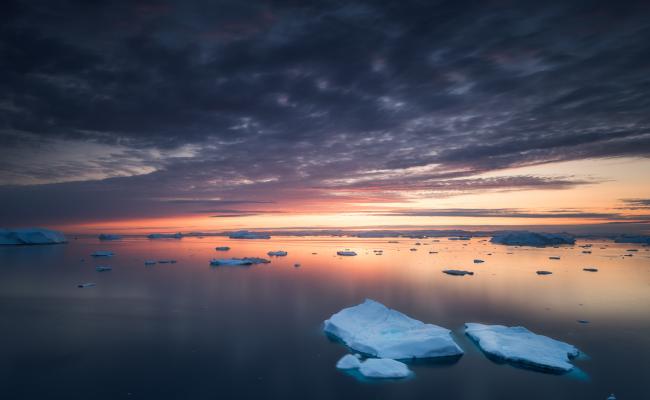The Arctic of the Past To Illuminate the Future Ice-Free Arctic Ocean

The Norwegian research vessel Kronprins Haakon is on its way to the Arctic Ocean. (Photo: Dimitri Kalenitchenko/UiT the Arctic University of Norway)
On Sunday, the Norwegian research vessel R/V Kronprins Haakon set sail for the Arctic Ocean. Aboard are researchers who will gather geological samples from the past in order to better understand the future of the Arctic.
The research vessel R/V Konprins Haakon departed from Longyearbyen on Sunday, heading toward a new research expedition in the Arctic Ocean. The expedition is titled Into the Blue Arctic Ocean Expedition.
It will take place from August 16th to September 19th 2025, and is organized and funded through the prestigious European Research Council Synergy Grant “i2B – Into The Blue”.
25 researchers are aboard the vessel to collect geological samples from the past, more specifically from periods in which the Arctic climate was warmer than today, so-called interglacial periods.
Knowledge from the past
The interglacial periods took place around 130,000 and 400,000 years ago. The Arctic Ocean was seasonally ice-free in these periods.
By reconstructing temperature, sea ice, oceanography, and ecosystem conditions during these warm phases, the researchers want to see how they compare to today’s rapidly warming climate.
The researchers will consider whether we are nearing a similar tipping point toward a "blue-ocean" Arctic.
Specific consequences
By studying how ice-free periods have played out in the past, the researchers may be able to say something about specific consequences of a yet-again ice-free Arctic Ocean.
Ice melting in the Arctic raises broader climate challenges such as marine heatwaves, Atlantification of the Arctic Ocean, ecosystem shifts, altered weather patterns, ice-albedo feedbacks, methane release, and this on top of new geopolitical dynamics in an ice-free Arctic, the project writes on its website.
They ask: What are the global impacts of an ice-free Arctic? How will the Arctic develop with increasing climate warming? What does an ice-free Arctic mean for our environment and our society?
The project is led by NORCE and Bjerknes research professor Stijn De Schepper and research professor at UIT Jochen Knies. You can follow the expedition on the project's website.



